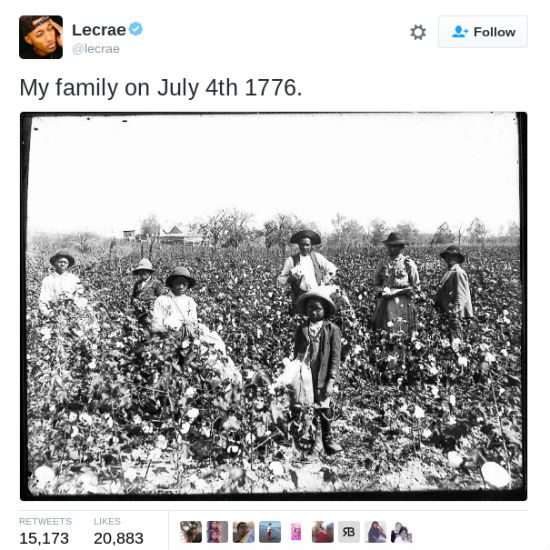My older daughter made a bunch of new friends her first year of high school. One of those friends had a tragic secret. She was dying. It wasn’t painful, or contagious, but she had a rare genetic condition — an inexorable degenerative disease that meant she probably wouldn’t live to see 30.
This was heartbreaking for my daughter, but her new friend made her and the others in their little group promise not to tell others about this sad secret. She just wanted to be treated like a normal teenager, she said, and when people learned about her situation they always started acting weird and treating her differently, and that wasn’t what she wanted during her few precious remaining years of youth and relative good health. So the friends agreed to keep this secret, and to bear the burden of it with her.
It wasn’t until several months later that my daughter began to develop suspicions, and to feel terribly guilty for entertaining them. She’d begun to notice certain inconsistencies in her new friend’s story. She Googled her friend’s condition and confirmed that it was a real thing, consistent with her friend’s story, but maybe also consistent with what anyone might learn from Googling. Beyond that, some of the details began to seem off. She hadn’t asked about them in a hostile way, but she had been confused and had asked her friend to help her understand. This prompted angry tantrums from the friend, and so my daughter would apologize, tearfully, only later realizing that her questions still hadn’t been answered.
Eventually, after more than a year, the story fell apart entirely and my daughter and the others in the group came to realize the awful truth about the lie they’d all believed for so long. They confronted their friend with all the evidence they had collected and that produced only the kind of enraged denial that such interventions often produce. The girl insisted that her story was true. It was it was it was. And they were all terrible people for not believing her, and for treating a dying girl so cruelly. She stopped speaking to all of them.
This is when I heard the whole story from my daughter, who was furious and heartbroken and hurt. We talked about how her friend really was sick, just not in the way she’d been led to believe. (As it turns out, all the doctors appointments she’d told them about had been for a different kind of doctor.) This hadn’t been merely some attention-seeking adolescent fib that had snowballed out of control. It was more than that.
My daughter wanted to go back to her former friend — to tell her that she loved her, no matter what, and that that would be true no matter what her real story might be. I told her that I wished it was that easy.
It’s never that easy when identity is at stake. Identity means survival is at stake. It’s safer to cling to a lie — even if we know it’s a lie — than to allow the destruction of who and what it is that we’ve always believed ourselves to be.
And but so, I was reminded of that friend and that whole saga yesterday when the Christian rapper Lecrae posted this on Twitter:

That’s a forceful point, vividly expressed — echoes of Douglass and of King’s “promissory note.” It’s also an obvious and undeniable point. But it was too much to take for many of Lecrae’s white evangelical fans.
“Done supporting you bro,” one pious Christian wrote, “you make everything race issues lately instead of a gospel issue. You promote guilt instead of love.”
“This is simply stirring the pot,” said another.
“This is borderline unpatriotic.”
“There’s freedom in Christ. I guess that ain’t enough.”
There was also, of course, the usual panoply of white denial: What about blacks who owned slaves? What about Irish slaves? That was a long time ago, things are different now, etc., but all given a church-y, sanctimonious sheen of spiritual lamentation over seeing this musician they admired captive to the sin of bitterness.
The comments responding to Lecrae’s tweet are a remarkable snapshot of American evangelical theology, spirituality and culture. They’re also a window into white evangelical identity.
Lecrae’s tweet threatened that identity. And things are never easy when identity is at stake.
“For those who want to save their life will lose it. …”












